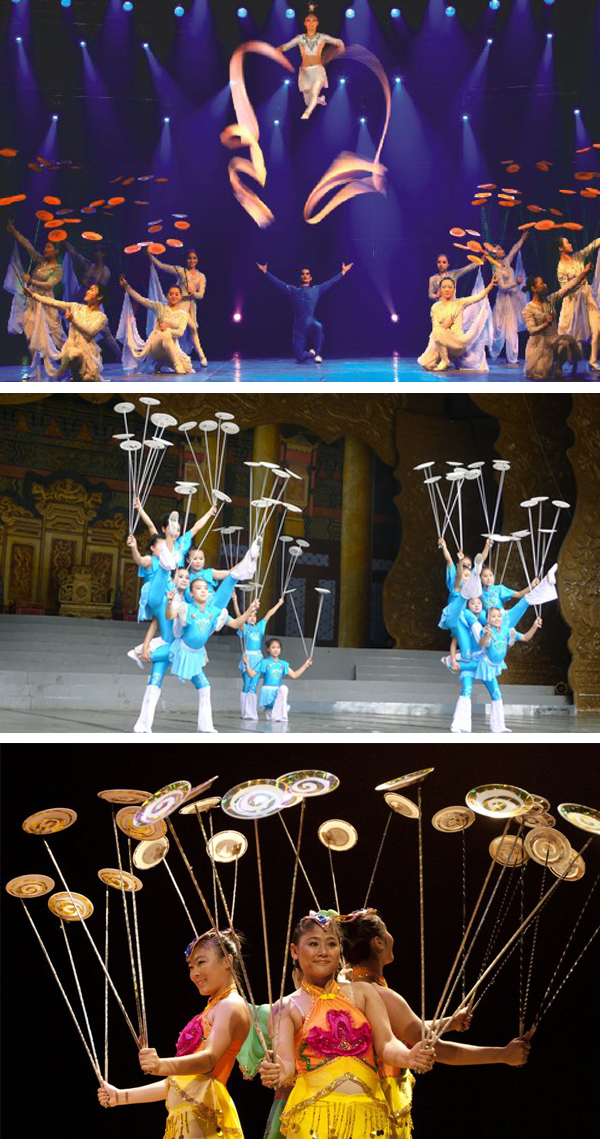Learning, practice

名师出高徒。
A famous teacher can cultivate a brilliant student.
When applied to learning acrobatics, the proverb implies that a knowledgeable teacher with extensive skills is crucial to training acrobatic performers and artists.
师父领进门,修行在个人。
A master educates his apprentices, but their skill depends on their own efforts.
The proverb indicates that teaching apprentices knowledge and skills is just the first step. The apprentice must work hard and make great effort to improve their skills. The master only teaches the basics, playing a guiding role in apprentices’ learning process.
台上一分钟,台下十年功。
One minute on stage takes ten years of practice.
The proverb means that it takes a long time to achieve success. Although an acrobatic performance may last only one minute, it takes artists years of hard work off the stage.
拳不离手,曲不离口。
A boxer practices regularly to maintain his skill; a singer keeps singing to stay in top form.
The proverb is commonly used to mean that people who learn martial arts, boxing or acrobatics should practice regularly to perfect their skills, and so do singers. The English counterpart is “Practice makes perfect.”
